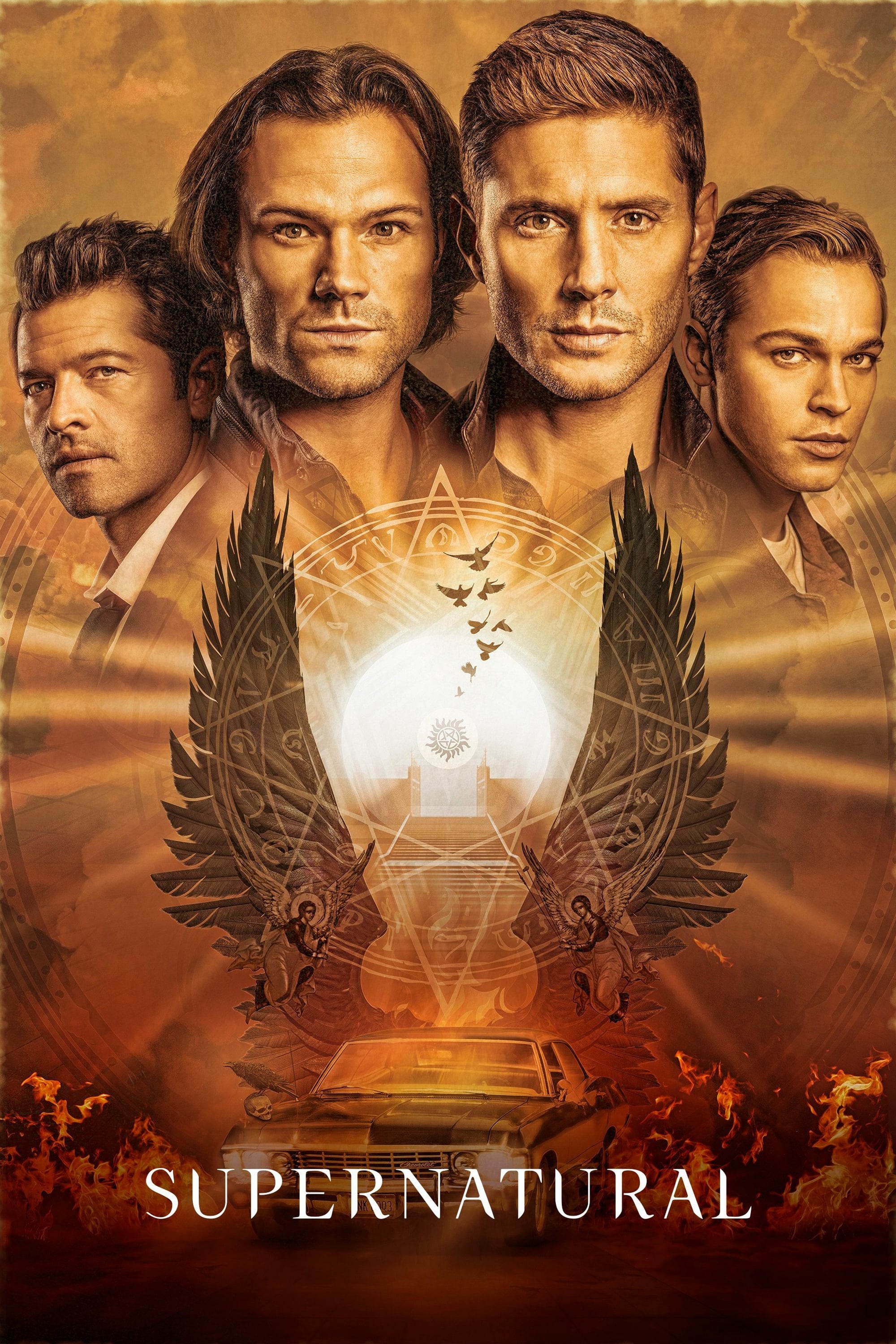
Sir John Barbirolli – Grieg: Suite No. 1 from Peer Gynt, Two Elegiac Melodies & Symphonic Dances (1958/2021)
FLAC (tracks) 24 bit/192 kHz | Time – 52:15 minutes | 1,97 GB | Genre: Classical
Studio Masters, Official Digital Download | Front Cover | © Warner Classics
Born in London of Italian-French parents, Sir John Barbirolli (1899–1970) trained as a cellist and played in theatre and café orchestras before joining the Queen’s Hall Orchestra under Sir Henry Wood in 1916. His conducting career began with the formation of his own orchestra in 1924, and between 1926 and 1933 he was active as an opera conductor at Covent Garden and elsewhere. Orchestral appointments followed: the Scottish Orchestra (1933–36), the New York Philharmonic (1936–42), the Hallé Orchestra (1943–70) and the Houston Symphony (1961–67). Barbirolli guest conducted many of the world’s leading orchestras and was especially admired as an interpreter of the music of Mahler, Sibelius, Elgar, Vaughan Williams, Delius, Puccini and Verdi. He made many outstanding recordings, including the complete Brahms and Sibelius symphonies, as well as operas by Verdi and Puccini and much English repertoire.
Barbirolli was a late convert to the music of Gustav Mahler. He had first come across it in 1930 when the Fourth Symphony, as heard for the first time at somebody else’s rehearsal, struck him as being thin, certainly by comparison with Berlioz and Wagner. After some early excursions at the beginning of his career – such as in 1931, when he conducted the Kindertotenlieder for Elena Gerhardt at a Royal Philharmonic Society concert in London – Mahler scarcely even figured in his programmes until 1946, when he included Das Lied von der Erde in his third season with the Halle Orchestra. Then in 1952 his friend, the critic Neville Cardus, recalling that Sir Hamilton Harty had given England its first hearing of the Ninth Symphony during his reign as Hallé conductor (1920–33), urged Barbirolli to consider conducting it himself. It was, said Cardus, “the ideal work” for him. Two years later the thing happened: moreover, that first-ever performance by Barbirolli of a Mahler symphony opened the floodgates to a 16-year period in which he embraced them all save No.8. The First, Fifth, Sixth and Ninth he subsequently recorded commercially, and radio recordings of several of the others have also appeared on CD.
Tracklist:
1. Hallé Orchestra – Suite No. 1 from Peer Gynt, Op. 46: I. Morning Mood (04:00)
2. Hallé Orchestra – Suite No. 1 from Peer Gynt, Op. 46: II. Death of Åse (05:14)
3. Hallé Orchestra – Suite No. 1 from Peer Gynt, Op. 46: III. Anitra’s Dance (03:21)
4. Hallé Orchestra – Suite No. 1 from Peer Gynt, Op. 46: IV. In the Hall of the Mountain King (02:16)
5. Hallé Orchestra – 2 Elegiac Melodies, Op. 34: No. 1, Heart’s Wounds (03:01)
6. Hallé Orchestra – 2 Elegiac Melodies, Op. 34: No. 2, Last Spring (04:29)
7. Hallé Orchestra – Symphonic Dances, Op. 64: No. 1, Allegro moderato e marcato (06:14)
8. Hallé Orchestra – Symphonic Dances, Op. 64: No. 2, Allegretto grazioso (06:08)
9. Hallé Orchestra – Symphonic Dances, Op. 64: No. 3, Allegro giocoso (05:53)
10. Hallé Orchestra – Symphonic Dances, Op. 64: No. 4, Andante – Allegro – Allegro molto e risolto (11:35)
Download:
https://xubster.com/jhywmg3tucxj/SirJ0hnBarbir0lliGriegSuiteN0.1fr0mPeerGyntTw0ElegiacMel0diesSymph0nicDances1958202124192.part2.rar.html
https://xubster.com/9lv5yh43z87h/SirJ0hnBarbir0lliGriegSuiteN0.1fr0mPeerGyntTw0ElegiacMel0diesSymph0nicDances1958202124192.part3.rar.html
https://hexload.com/qpdtpmhv1n9x/SirJ0hnBarbir0lliGriegSuiteN0.1fr0mPeerGyntTw0ElegiacMel0diesSymph0nicDances1958202124192.part1.rar
https://hexload.com/3rlwvh38odju/SirJ0hnBarbir0lliGriegSuiteN0.1fr0mPeerGyntTw0ElegiacMel0diesSymph0nicDances1958202124192.part2.rar
https://hexload.com/ud23q2qpvolw/SirJ0hnBarbir0lliGriegSuiteN0.1fr0mPeerGyntTw0ElegiacMel0diesSymph0nicDances1958202124192.part3.rar
























![Sir John Barbirolli – British Music. Elgar, Vaughan Williams, Delius, Purcell… (2024) [Official Digital Download 24bit/192kHz]](https://imghd.xyz/images/2024/04/14/hq2gvqyjmb1ab_600.jpg)

![Sir John Barbirolli – French Music. Debussy, Ravel, Chabrier, Berlioz… (2024) [Official Digital Download 24bit/192kHz]](https://imghd.xyz/images/2024/02/26/kb1s7x777011a_600.jpg)
![Sir John Barbirolli – English String Music. Elgar: Introduction and Allegro & Serenade – Vaughan Williams: Greensleeves & Tallis Fantasias (2021) [Official Digital Download 24bit/192kHz]](https://imghd.xyz/images/2023/09/04/jfydnh9vc5eea_600.jpg)
![Sir John Barbirolli – Vaughan Williams: Symphonies Nos. 2 “A London Symphony” & 8 (2021) [Official Digital Download 24bit/192kHz]](https://imghd.xyz/images/2023/09/04/t91egs39ubxia_600.jpg)
![Sir John Barbirolli – Tchaikovsky: Serenade, Op. 48 – Arensky: Variations on a Theme of Tchaikovsky, Op. 35a (1965/2021) [Official Digital Download 24bit/192kHz]](https://imghd.xyz/images/2023/09/04/fb870eg7vfohb_600.jpg)
![Sir John Barbirolli – Sibelius: Symphonies Nos. 5 & 7 (1967/2020) [Official Digital Download 24bit/96kHz]](https://imghd.xyz/images/2023/09/04/dlbfohexryf2a_600.jpg)
![Sir John Barbirolli – Elgar: Symphony No. 2, Op. 63 & Falstaff, Op. 68 (Remastered) (1964/2020) [Official Digital Download 24bit/192kHz]](https://imghd.xyz/images/2023/09/04/bn4x69bhsd3uc_600.jpg)
![Sir John Barbirolli – Elgar: Enigma Variations, Op. 36 & Cockaigne Overture, Op. 40 (2019) [Official Digital Download 24bit/192kHz]](https://imghd.xyz/images/2023/09/04/jvq0nwyls8a5b_600.jpg)
![Sir John Barbirolli – Delius: Appalachia & Brigg Fair (2021) [Official Digital Download 24bit/192kHz]](https://imghd.xyz/images/2023/09/04/nnrtme15d847b_600.jpg)
![Sir John Barbirolli – Chabrier: Joyeuse marche – Berlioz: La Damnation de Faust – Ravel: Ma mère l’Oye (1958) [Official Digital Download 24bit/192kHz]](https://imghd.xyz/images/2023/09/04/v980dqh9x4nhb_600.jpg)
![Sir John Barbirolli – Dvořák: Symphony No. 7, Op. 70 & Legends, Op. 59 (1959/2020) [Official Digital Download 24bit/96kHz]](https://imghd.xyz/images/2023/09/04/pukr6pa16woma_600.jpg)
![Sir John Barbirolli – Waldteufel: The Skaters Waltz, Op. 183 – Lehár: Gold and Silver Waltz, Op. 79 (1958/2020) [Official Digital Download 24bit/96kHz]](https://imghd.xyz/images/2023/09/04/lffkvylq9rmmc_600.jpg)
![Sir John Barbirolli – Tchaikovsky: Symphony No. 5, Op. 64 & Slavonic March, Op. 31 (1959/2020) [Official Digital Download 24bit/96kHz]](https://imghd.xyz/images/2023/09/04/n9n80wcb4jo5b_600.jpg)
![Sir John Barbirolli – Schubert: Symphony No. 9, D. 944 “The Great” (1954/2021) [Official Digital Download 24bit/192kHz]](https://imghd.xyz/images/2023/09/04/blnxr7d18apia_600.jpg)
![Sir John Barbirolli – Grainger: Shepherd’s Hey, Mock Morris, Molly on the Shore & Londonderry Air (1958/2021) [Official Digital Download 24bit/192kHz]](https://imghd.xyz/images/2023/09/04/g3e24sqtnwyoc_600.jpg)
![Hallé Orchestra & Sir John Barbirolli – Sibelius: Symphony No. 5 & Pohjola’s Daughter (1959/2020) [Official Digital Download 24bit/192kHz]](https://imghd.xyz/images/2023/09/04/wtk1jv8kwddub_600.jpg)
![Sir John Barbirolli – Handel: Concertos for Oboe & Organ, Suites from Serse & Rodrigo (1959/2021) [Official Digital Download 24bit/192kHz]](https://imghd.xyz/images/2023/09/04/h4mz3ykd31akb_600.jpg)
![Sir John Barbirolli – Encore, Sir John (2021) [Official Digital Download 24bit/192kHz]](https://imghd.xyz/images/2023/09/04/j9405fmka741b_600.jpg)
![London Symphony Orchestra & Sir John Barbirolli – Vaughan Williams: Oboe Concerto & Tuba Concerto (Remastered) (1956/2020) [Official Digital Download 24bit/192kHz]](https://imghd.xyz/images/2023/09/04/ke6edqbaammqc_600.jpg)
![Sir John Barbirolli – Sibelius: Symphony No. 4, Rakastava & Romance in C Major (1970/2020) [Official Digital Download 24bit/192kHz]](https://imghd.xyz/images/2023/09/04/t0uszp0lbbuqc_600.jpg)
![Evelyn Rothwell, Hallé Orchestra & Sir John Barbirolli – Haydn, Corelli & Pergolesi: Oboe Concerti (1958/2021) [Official Digital Download 24bit/192kHz]](https://imghd.xyz/images/2023/09/04/zvg67qk515ljb_600.jpg)
![Sir John Barbirolli – Elgar: Symphony No. 1, Op. 55 (1963/2021) [Official Digital Download 24bit/192kHz]](https://imghd.xyz/images/2023/09/04/zln8oomhw5sxb_600.jpg)
![Sir John Barbirolli – Elgar: Enigma Variations, Op. 36 – Purcell: Suite (1957/2021) [Official Digital Download 24bit/192kHz]](https://imghd.xyz/images/2023/09/04/srtbeytg2loyc_600.jpg)
![Sir John Barbirolli – Delius: In a Summer Garden, On Hearing the First Cuckoo in Spring, La Calinda… (1969/2021) [Official Digital Download 24bit/192kHz]](https://imghd.xyz/images/2023/09/04/t07x2cpjx3elb_600.jpg)
![Sir John Barbirolli & (Dame) Janet Baker – Elgar: The Dream of Gerontius, Op. 38 (1965/2021) [Official Digital Download 24bit/192kHz]](https://imghd.xyz/images/2023/09/04/dcznzu5jvi4bb_600.jpg)
![Sir John Barbirolli – Tchaikovsky: Symphony No. 4, Op. 36 (1958/2020) [Official Digital Download 24bit/96kHz]](https://imghd.xyz/images/2023/09/04/kjtks6j1y9p4a_600.jpg)
![Sir John Barbirolli – Schoenberg: Pelleas und Melisande, Op. 5 (1968/2020) [Official Digital Download 24bit/192kHz]](https://imghd.xyz/images/2023/09/04/nyfccrachexxb_600.jpg)
![Sir John Barbirolli – Dvořák: Serenade, Op. 44 – Gounod: Petite Symphonie (Remastered) (1959/2021) [Official Digital Download 24bit/192kHz]](https://imghd.xyz/images/2023/09/04/fswhxay8j2k5a_600.jpg)
![Sir John Barbirolli & Mischa Elman – Bach: Violin Concerto, BWV 1042 – Tchaikovsky: Violin Concerto, Op. 35 (2021) [Official Digital Download 24bit/192kHz]](https://imghd.xyz/images/2023/09/04/ljuprk5fzku0b_600.jpg)